Chikungunya Outbreak: Authorities failed to act timely, promptly
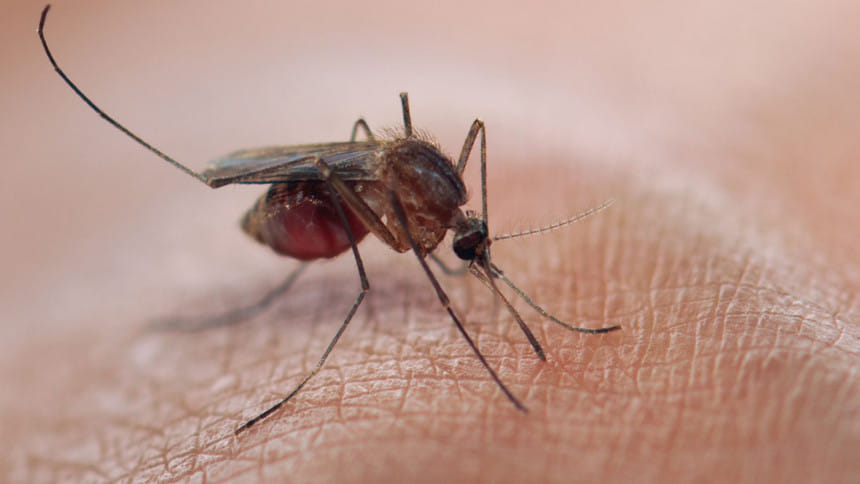
The number of chikungunya cases continues to increase with city dwellers blaming the authorities' failure to take timely and preventive actions for the outbreak of the disease.
The number of reported cases has risen to around 3,000 from 2,748 on Wednesday and 2,700 on Tuesday, said Prof Meerjady Sabrina Flora, director of Institute of Epidemiology, Disease Control and Research (IEDCR).
The actual number of the chikungunya cases, however, would be higher as many go unreported.
Epidemiologist Prof Mahmudur Rahman and entomologist Prof Tauhid Uddin Ahmed yesterday said the present chikungunya situation could be termed an epidemic.
But it is for the government to decide whether it would make the declaration of epidemic, they said at a press conference organised at Dhaka North City Corporation (DNCC) Nagar Bhaban.
Talking to The Daily Star, several city dwellers said a prompt and early response from the two city corporations and the government's relevant health department would have saved many from getting infected with the mosquito-borne disease.
“Despite a public outcry over the chikungunya outbreak, I haven't seen any efforts from the authorities to kill mosquitoes in my area,” Anowara Begum, a housewife who lives in Gulshan, said.
“There have been some fogging activities in my area lately. But eight people living in my building had already been suffering from the disease, said Akib Javed, a resident of Shyamali.
“What the authorities are doing doesn't seem adequate,” he said.
On July 11, Health Minister Mohammed Nasim and his deputy Zahid Maleque blamed the two city corporations for the chikungunya outbreak in the capital, saying the two governing bodies failed to control the mosquitoes that spread the disease.
In response, city corporation officials said they have recently taken up several programmes to tackle the situation.
Talking to this correspondent, IEDCR Director Prof Sabrina underscored the need for coordinated efforts from the city dwellers, the government, and non-government bodies in this regard.
The IEDCR has been running several programmes to create public awareness on the disease since early May when the outbreak began.
“We taught people how to destroy larva of Aedes mosquitoes found inside their homes. But we don't know whether they acted on our advice.”
Chikungunya, which is transmitted to human bodies by infected Aedes mosquitoes, started spreading in the capital about several months ago. Symptoms of the viral disease include fever, muscle pain, headache, nausea, fatigue, rash, and these are often accompanied by a very debilitating joint pain which can last for days.
The disease was first described during an outbreak in southern Tanzania in 1952.
Chikungunya is not deadly but it may turn fatal if an ailing person is simultaneously found to have immunodeficiency, or carries another disease or infection, say health experts.
Early and frequent rains this year and subsequent stagnant water accumulated on dug up roads -- which turned out to be breeding grounds for the mosquitoes -- are believed to have triggered the outbreak in the capital.
Prevention and control of the disease relies heavily on reducing the number of natural and artificial water-filled container habitats that support breeding of the mosquitoes, says World Health Organisation.
Doctors advice chikungunya patients to take paracetamol tablets, proper rest and drink adequate water.
RESPONSE FROM CITY CORPORARIONS
Brig Gen SMM Saleh Bhuyan, chief health officer at Dhaka North City Corporation, declined to talk when this correspondent visited his office and asked him about the steps taken by his corporation to control mosquitoes.
He also refused to comment on the health minister blaming the corporations for the chikungunya outbreak.
However, several officials said the city corporations should not be blamed alone for the current situation.
On July 10, the DNCC issued an order, designating five medical consultants in same number of areas in the city. They would be give advice to chikungunya patients over phone.
The phone number for Uttara is 01756209482, for Mirpur 01715456698 and 01716398886, for Mohakhali 01735843693 and for Karwan Bazaar 01715528898.
The city corporation authorities on July 11 held a meeting with two entomologists. At the meeting, Mayor Annisul Huq said Tk 26 crore has been allocated in the current fiscal year for mosquito-control programmes. The amount was seven crore five years ago, a DNCC press release.
Meanwhile, several officials of Dhaka South City Corporation said khatibs, as asked by them, educated people about prevention of chikungunya when they came to offer Juma prayers at 236 mosques in DNCC on July 7.
The corporation has been conducting several awareness programmes at different schools and holding rallies in different areas of the city since the same day, they said.
An information centre has also been opened at the Nagar Bhaban to help people fight the disease, they said, adding its phone is 9563507.

 For all latest news, follow The Daily Star's Google News channel.
For all latest news, follow The Daily Star's Google News channel. 

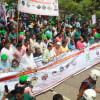
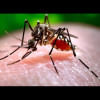
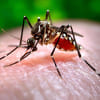

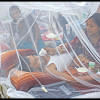


Comments